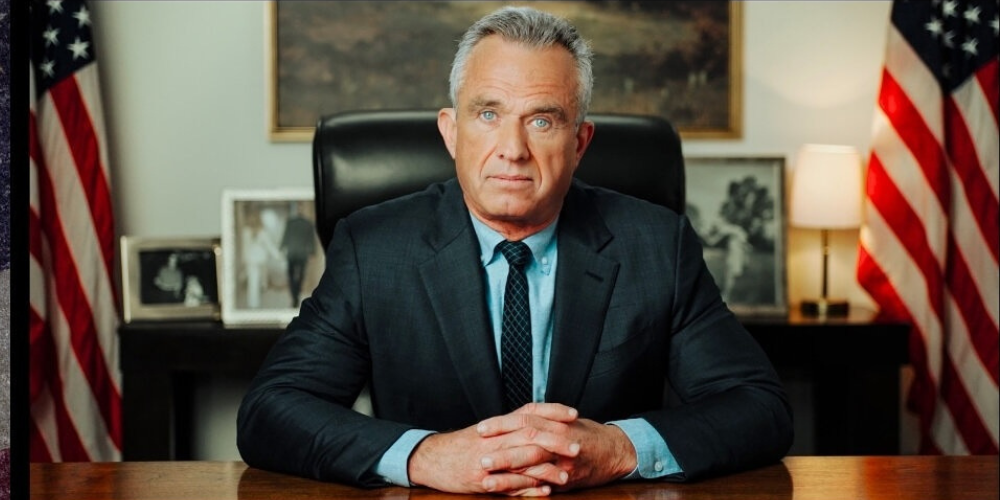
Why 1 in 4 Americans Trust RFK Jr. for Medical Advice

A recent poll reveals that a significant portion of Americans remain cautious about trusting Health Secretary Robert F. Kennedy Jr.’s medical advice. While Kennedy plays a central role in shaping federal health policy, most people continue to rely more heavily on their own doctors and established institutions.
The Economist/YouGov survey highlights a sharp divide. About 26% of respondents said they “somewhat” or “strongly” trust Kennedy’s health guidance. On the other hand, 48% openly stated they do not trust him.
The contrast grows clearer when compared with the overwhelming 79% of Americans who said they turn to their personal physicians for reliable health advice. Even the Centers for Disease Control and Prevention (CDC), despite its controversies, holds higher credibility, with 51% placing trust in the agency.

Freepik | pressfoto | 79% of Americans get their most trusted health advice directly from their own doctors.
Kennedy’s Role Under Scrutiny
Kennedy does not have a medical degree and was once an environmental lawyer. Still, his current leadership at the Department of Health and Human Services (HHS) gives him immense influence over public health decisions. His recent policies and leadership style, however, have stirred intense debate. Nearly half of those surveyed, 45%, disapprove of his performance as HHS secretary.
The poll also shows mixed public opinion on Kennedy himself. Roughly 37% view him favorably, while others remain skeptical about his qualifications and controversial past. His appointment by former President Donald Trump after an unsuccessful Democratic primary run continues to fuel political discussion.
The “Make America Healthy Again” Agenda
Kennedy rolled out a sweeping health platform under the slogan “Make America Healthy Again” (MAHA). The plan has already driven bans on certain synthetic additives, revisions to vaccine policy, and other regulatory shifts. While backers frame these moves as necessary reform, many medical professionals warn they risk eroding established scientific standards.
The CDC has been at the center of the upheaval. Reports cite repeated clashes between Kennedy and former directors, resulting in a shake-up across the agency. His decisions have included mass staff layoffs, pulling funding from key research projects, replacing scientific advisors, and cutting back international vaccination commitments.
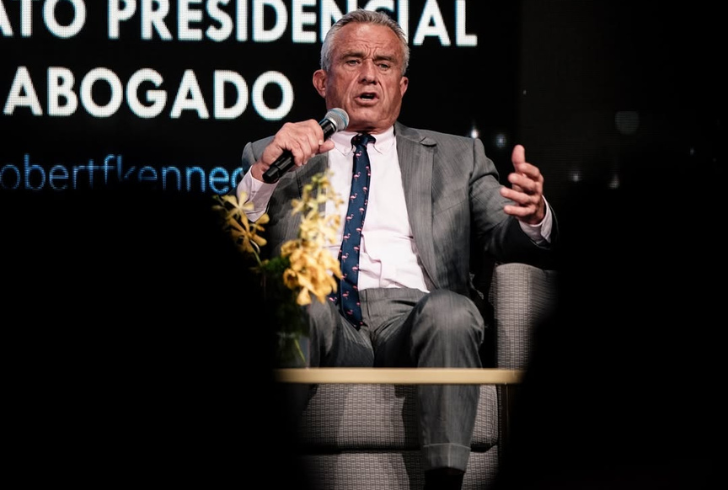
Instagram | @robertfkennedyjr | Kennedy’s policy moves spark mixed public reaction.
Public Reaction to Policy Shifts
The speed of change has drawn both admiration and alarm. Backers see Kennedy as confronting entrenched systems, while critics fear the policies undermine public health security. A former CDC director warned that the shifts are “sweeping and disruptive,” with the potential to set back decades of progress.
The Economist/YouGov poll, conducted between August 29 and September 2, surveyed 1,691 adults nationwide with a margin of error of 3.4 percentage points.
The results underscore a key challenge: while Kennedy holds one of the nation’s most powerful health positions, only a quarter of Americans feel comfortable following his advice. Trust remains firmly anchored in personal doctors and established institutions, leaving Kennedy with significant hurdles if he hopes to win broader support.
More inAdvice
-
`
How the New EBT Auto Insurance Discount Guide Helps Low-Income Drivers Save Money
With grocery prices, gas, and utility bills climbing, many families are struggling to make their paychecks last. For those already watching...
October 9, 2025 -
`
Why Truck Manufacturers Are Shifting from Diesel to Hydrogen
Hydrogen is emerging as a promising alternative for trucks, offering both high energy efficiency and longer driving ranges. Ashok Leyland, for...
October 2, 2025 -
`
Ohio Driver’s License Laws Are Changing for Young Adults in 2025
Getting a driver’s license is a milestone, but for young adults in Ohio, the process is about to become more structured....
September 25, 2025 -
`
Why Tariffs Could Make Car Insurance Rates Worse
Car insurance costs in the U.S. are climbing, and new tariffs could make the problem worse. Shoppers are already feeling the...
September 11, 2025 -
`
The Automotive Reckoning Has Arrived – Are Companies Ready?
In early 2022, Stellantis CEO Carlos Tavares stood on stage in Amsterdam with a confident blueprint for the future. Fresh off...
September 5, 2025 -
`
Self-Driving Cars Will “Drastically” Change Automotive Design, GM Says
The automotive industry is entering a new chapter that goes far beyond electrification. While EVs dominate today’s headlines, the rise of...
August 29, 2025 -
`
Child Wearing Swimsuit Outside Sparks CPS Visit — The Full Story!
Children playing outside is a familiar and often joyful sight. Yet, sometimes, an innocent choice—like a child wearing a swimsuit outdoors—can...
August 22, 2025 -
`
Florida Auto Insurance Rates Finally Drop. But for How Long?
After years of rising premiums, Florida drivers are finally seeing lower auto insurance rates on the horizon. For 2025, the state’s...
August 15, 2025 -
`
U.S. Reduces Tariffs on Japanese Cars to 15% Under Trump’s Deal
In a move reshaping U.S.-Japan trade relations, former President Donald Trump confirmed a new agreement that slashes tariffs on Japanese car...
August 9, 2025






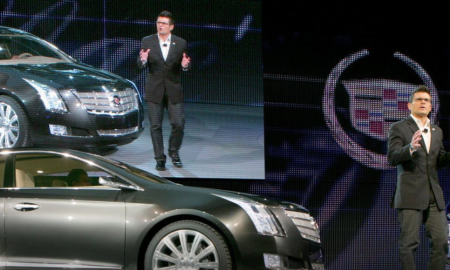


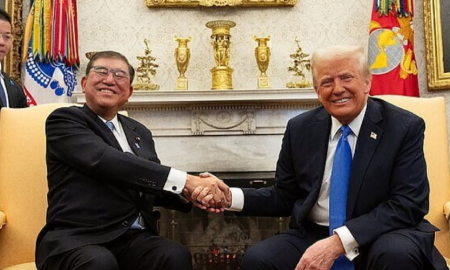

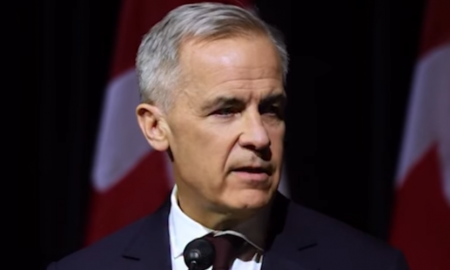

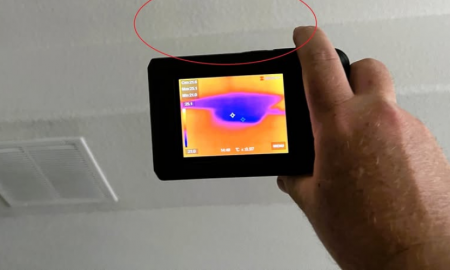

You must be logged in to post a comment Login